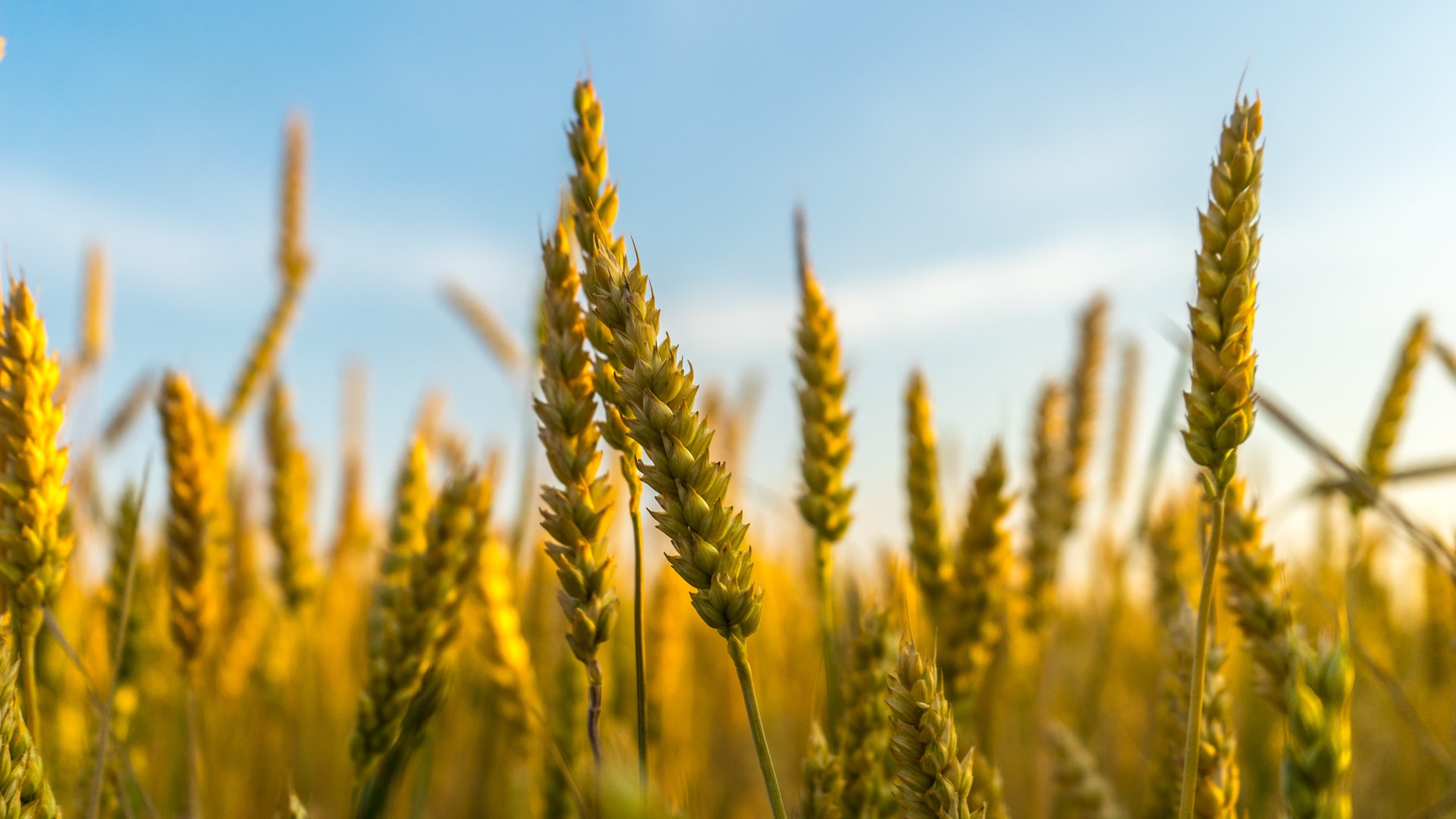
Technology at the fingertips of Smallholder Farmers
In the developed world, the continual advance of the digital age means that being tech-savvy is now not so much a choice as a necessity in both our professional and social lives.
Even in the world of agriculture, developments in technology are helping to make farmers more productive and efficient. In UK agriculture, for example, the last decade has seen the introduction of GPS guided precision systems in our tractors, robots in our fields and milking parlours, and drones in the skies above our heads checking the crops around our feet.
Management and administration of our farming businesses can be run from a smart phone in the palm of our hand, accessing information on crop markets, looking at long range weather forecasts, planning our cropping and husbandry for the year ahead, and managing our finances, all at the tap of a screen.
For Africa’s smallholder farmers, however, most of the technologies that we now use on a day-to-day basis on our farms in the UK would seem a world or more away. But whilst mechanisation and use of machinery is still in the very early stages of development, one area of technology that has become a vital tool in African farming is the mobile phone.
Over 80% of the adult population in Ghana and Kenya now own mobiles, along with 73% in Tanzania and 65% in Uganda, and growth in mobile phone usage across the continent is three times higher than the world average. Network coverage varies between countries, but many have signal covering 50% of their area, and some have as much as 90%, even into relatively remote areas.
The widespread use of mobiles is enabling effective dissemination of up-to-date information to smallholder farmers. Even if a smallholder doesn’t own a phone himself, extension officers and lead farmers in their community can receive and then pass on vital information that enables better, more informed decisions to be made.
One such benefit is being able to now receive information on current market prices before travelling long distances to sell produce, or not having to agree sales in the village with unscrupulous buying agents at vastly deducted rates, just because that is what they say the crop is worth.
Another example is the ability to now quickly pass on information about mid to long range weather forecasts, and advice on steps farmers should take to try to avoid crop failure. It is basic use of the technology, but it can prove vital to someone in a remote area with no other way of knowing what’s around the corner.
A number of mobile applications have been developed to help farmers. The iCow programme, for example, is a subscription service that sends SMS texts to farmers with tips on breeding, feeding, cow health and reminders on the gestation cycle of their individual animals. For its subscribers, it has ensured successful production of milk, and expansion of their herds.
Making payments and managing financial transactions is also something that many smallholder farmers use their mobile phones for. Safaricom, one of Kenya’s leading operators and part owned by Vodafone, has a widely used mobile money transfer package called M-PESA that has enabled farmers to manage their financial transactions without the need to travel many miles to a bank.
As wireless internet coverage becomes more widespread and affordable, smartphone usage will also become more common. We are still a few years away from the “smart revolution” across Africa, but it will no doubt be a further game-changing advancement to rural communities when all the information of the World Wide Web is just a tap of a finger away.
With this in mind, we are ensuring that our scholarship students receive training on the use of mobile phone technology and applications as a tool for educating and informing their communities. At Marshal Papworth we want our alumni to be effective change makers in their communities, and during their time with us we encourage them to embrace appropriate technology that will help them to achieve this both now and into the future.

